The views expressed in our content reflect individual perspectives and do not represent the authoritative views of the Baha'i Faith.
International law absolutely prohibits all forms of torture, saying that it cannot be justified by any person, group or nation under any circumstances.
In fact, the United Nations has condemned torture from its outset as one of the vilest acts perpetrated by human beings on their fellow human beings.
This absolute prohibition forms part of what legal experts call “customary international law,” which applies to every national member of the international community, regardless of whether or not they have ratified international treaties that prohibit torture. Simply, torture is expressly prohibited by law, and the systematic or widespread practice of torture constitutes a crime against humanity.
On June 26th every year, the United Nations now observes UN International Day in Support of Victims of Torture—“with a view to the total eradication of torture and the effective functioning of the Convention against Torture and Other Cruel, Inhuman or Degrading Treatment or Punishment.”
The UN says this annual observance provides every person with a conscience:
… the opportunity to call on all stakeholders including UN Member States, civil society and individuals everywhere to unite in support of the hundreds of thousands of people around the world who have been victims of torture and those who are still tortured today. – International Day in Support of Victims of Torture
26 June
Have you ever talked with any victims of torture? I have, in El Salvador during the brutal civil war there, where a remarkable person and I met and became friends. Let me tell you his story.
His name is Ruben Zamora, and today he serves as El Salvador’s Ambassador to the United Nations. Ruben wasn’t a guerilla or a violent revolutionary—in fact, he and his brother Mario, the former Salvadoran Attorney General, had both served as Cabinet Members in their country’s government, which was deposed in a military coup. The new Salvadoran government and its agents, infamous for its brutality and paramilitary death squads, then assassinated Ruben’s brother, bombed Ruben’s home in an unsuccessful assassination attempt, and arrested Ruben and tortured him.
When we met I was in El Salvador helping with a medical relief mission for people injured in the war. When Ruben learned about my history as a conscientious objector soldier in Vietnam, he opened up and described those torture sessions to me. I won’t repeat the details here, because they’re some of the most cruel, horrifying and disturbing things I’ve ever heard. Actually, telling them to other people frightens me—I fear that just knowing about those inhumane acts would threaten almost anyone’s faith in the essential goodness of humanity. Some things seem better left unsaid and unwritten.
Try to imagine the worst possible things one person can do to another, then multiply by a hundred. That will give you some sense of the scale of pain and torment Ruben went through. But the worst part, he said, wasn’t the physical pain—it was the psychological attempt to ruin his own faith in himself as a human being. The point of torture, he told me, is to destroy the soul.
The Baha’i teachings say that torture has absolutely no place in any civilization. Barbaric, inhumane and morally wrong by every religious, moral and humanitarian standard, torture poisons civil society and undermines the rule of law. Ultimately, no citizen remains safe under any government that allows torture. That’s why Baha’is continue to speak out against it:
… the international community must take aim at all human rights violations, for they can all result in the permanent mental or physical handicap of human beings. … any acts contrary to international law and violative of mental or physical integrity should be proscribed, not only those acts that rise to the level of torture or other cruel, inhuman or degrading treatment or punishment. – The Baha’i International Community, August, 1988.
The Universal House of Justice, the democratically-elected administrative body that governs and guides the world’s Baha’is, has written that enforcing and expanding the international legal prohibitions against torture and genocide will help humanity eradicate war itself:
The Universal Declaration of Human Rights, the Convention on the Prevention and Punishment of the Crime of Genocide, and the similar measures concerned with eliminating all forms of discrimination based on race, sex or religious belief; upholding the rights of the child; protecting all persons against being subjected to torture; eradicating hunger and malnutrition; using scientific and technological progress in the interest of peace and the benefit of mankind—all such measures, if courageously enforced and expanded, will advance the day when the spectre of war will have lost its power to dominate international relations. – The Promise of World Peace, p. 3.
This uncompromising view of torture may originate from the pervasive Baha’i revulsion over the terrible torture of Baha’u’llah, the prophet and founder of the Baha’i Faith. Imprisoned for forty years, Baha’u’llah suffered horribly from repeated torture, and his body bore its marks permanently. Also, the Baha’is themselves have suffered innumerable tortures for their beliefs; and even today innocent, imprisoned Baha’is in Iran undergo torture because they refuse to recant their Faith. Baha’is recoil at violence toward other human beings, but have an even stronger revulsion toward the conscious, intentional infliction of pain and injury for any reason.
That may explain one of the reasons why Baha’i institutions, including the Universal House of Justice, various Baha’i National Spiritual Assemblies and the Baha’i International Community have all joined with governmental bodies like the United Nations to vigorously oppose and outlaw torture. Baha’is and their institutions have long supported the United Nations Convention against Torture, and signed on as supporters of that international human rights treaty early in its first stages of development, long before the United Nations adopted the text of the Convention in 1984 and it officially became settled international law in 1987.
For my friend Ruben, his torturer’s blank, vacant and dead eyes—which he said he would never forget—represented all the people who had killed his brother, who tried to bomb and kill him and his wife and their five children in their home, and who had tortured, disappeared and killed so many of his fellow Salvadorans as they attempted to work for social justice. His torturer’s eyes seemed completely inhuman to him, as if they had lost all their spiritual life. To Ruben, those eyes represented what he thought of as the very worst part of the human reality.
We many not want to think about it, but despite international law and widespread denunciation of these brutal acts, torture still goes on. Amnesty International has documented its use in at least 141 countries. As individuals, how can we help stop it?
Baha’is believe that developing and inculcating a global moral and spiritual code which considers torture reprehensible and utterly forbidden will provide the best long-term, systemic solution. Until that happens, only the vigorous prosecution of the perpetrators of torture by the justice systems of their own countries or by the International Criminal Court can halt this abhorrent practice. However—civilization does need, as Abdu’l-Baha pointed out, a better and more effective means of eradicating torture from our midst than punishment, which sometimes only perpetuates the cycle of violence:
Observe how many penal institutions, houses of detention and places of torture are made ready to receive the sons of men, the purpose being to prevent them, by punitive measures, from committing terrible crimes—whereas this very torment and punishment only increaseth depravity, and by such means the desired aim cannot be properly achieved. – Abdu’l-Baha, from a tablet translated from the Persian.
The Baha’i teachings, which long ago called for the establishment of an international criminal court, a world parliament and equal justice for all, urge humanity to take the enlightened and morally imperative steps necessary for the emergence of a unified global civilization where everyone—including the planet’s most powerful rulers—must abide by the rule of law. We must, Baha’u’llah wrote, collectively mature into a peaceful, unified and nonviolent future:
This, indeed, is the greatest means for insuring the tranquillity of the nations. It is incumbent upon the Sovereigns of the world—may God assist them—unitedly to hold fast unto this Peace, which is the chief instrument for the protection of all mankind. – Baha’u’llah, Epistle to the Son of the Wolf, p. 30.


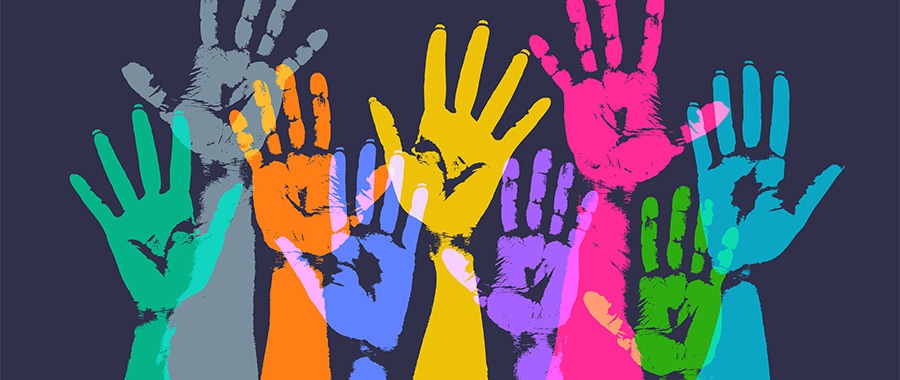


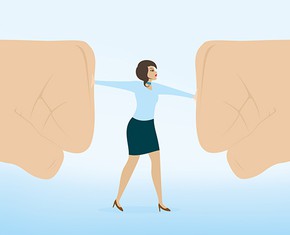


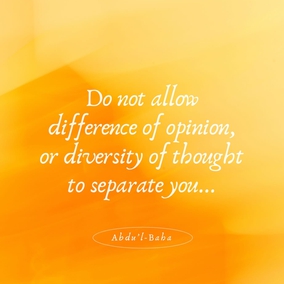
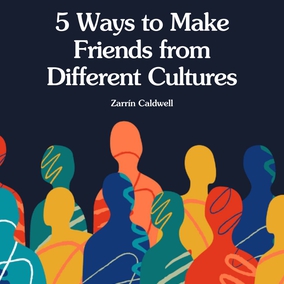
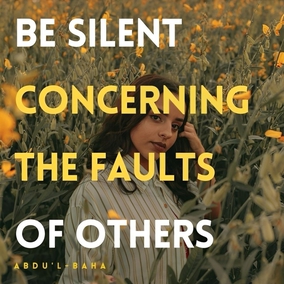





Comments
Sign in or create an account
Continue with Googleor